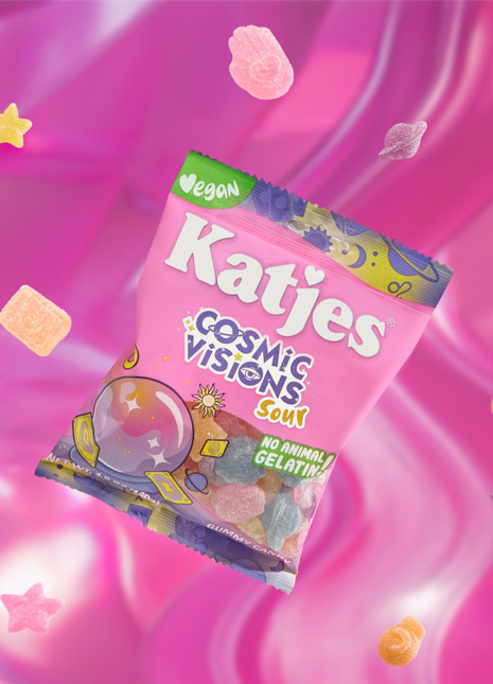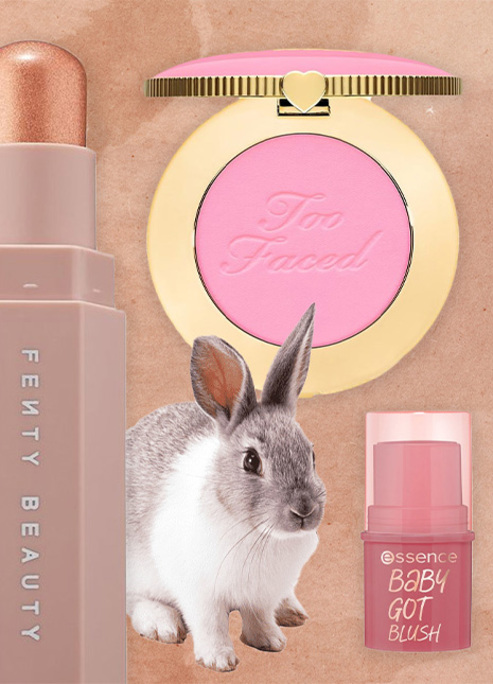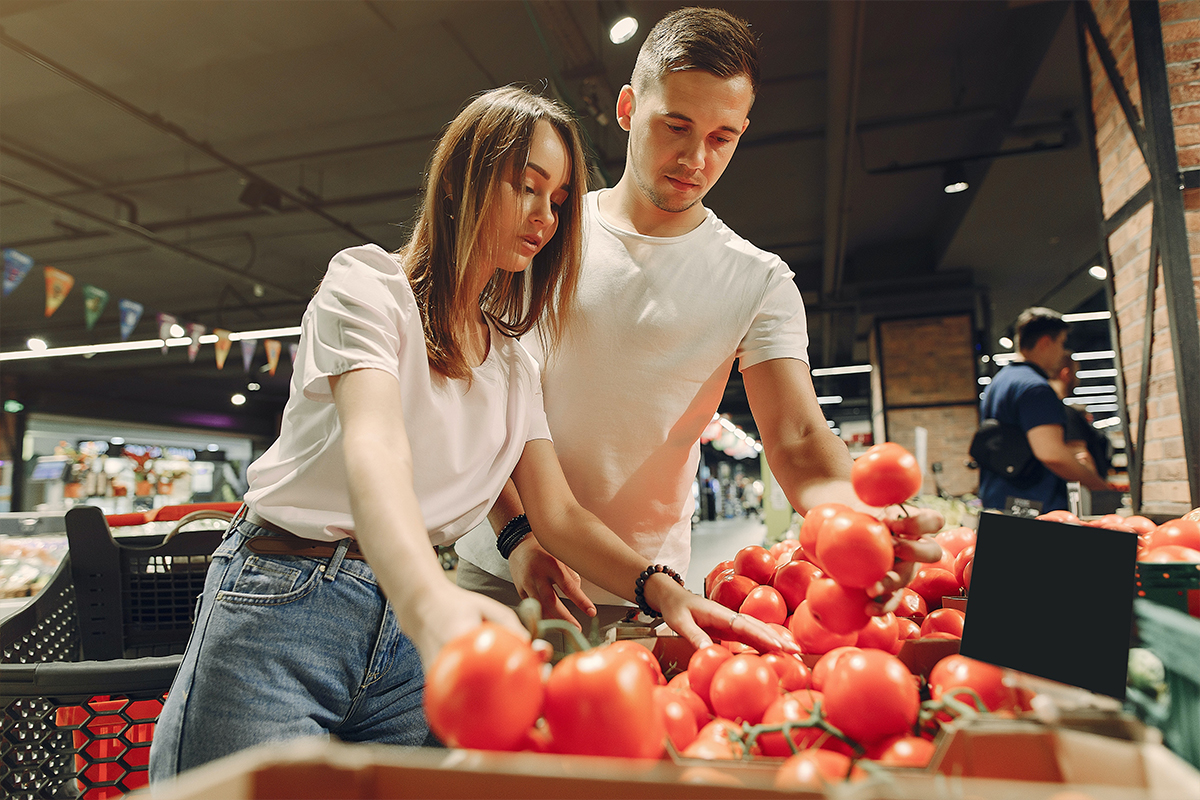
Is Being Vegan Problematic?
Currently questioning everything.
Everything is scrutinized these days, even being vegan. Veganism is associated with being sustainable and cruelty free – but how sustainable is it really?
Well, if you’re vegan and reading this in fear (like me), do not worry – adopting a plant-based diet is still one of the most impactful things we can do to help the planet. Though it is more eco than a traditional meat and dairy diet, there are still some vegan products that are more harmful than we may realize. Factors like water consumption, deforestation and land degradation are still problems with plant-based products, so even though veganism has a lower environmental cost than meat and dairy there are still issues to be addressed.
An example of this would be the humble almond milk. A staple amongst the plant based milk options (which do have a lower carbon footprint than dairy); almond milk has one of the larger footprints compared to other plant based options. According to one study, 74 litres of water is needed to produce a single glass of almond milk. Yes, you read that right – the production for almond milk is very water-intensive. Perhaps opt for oat milk with your latte, as this has significantly less water involved in production.
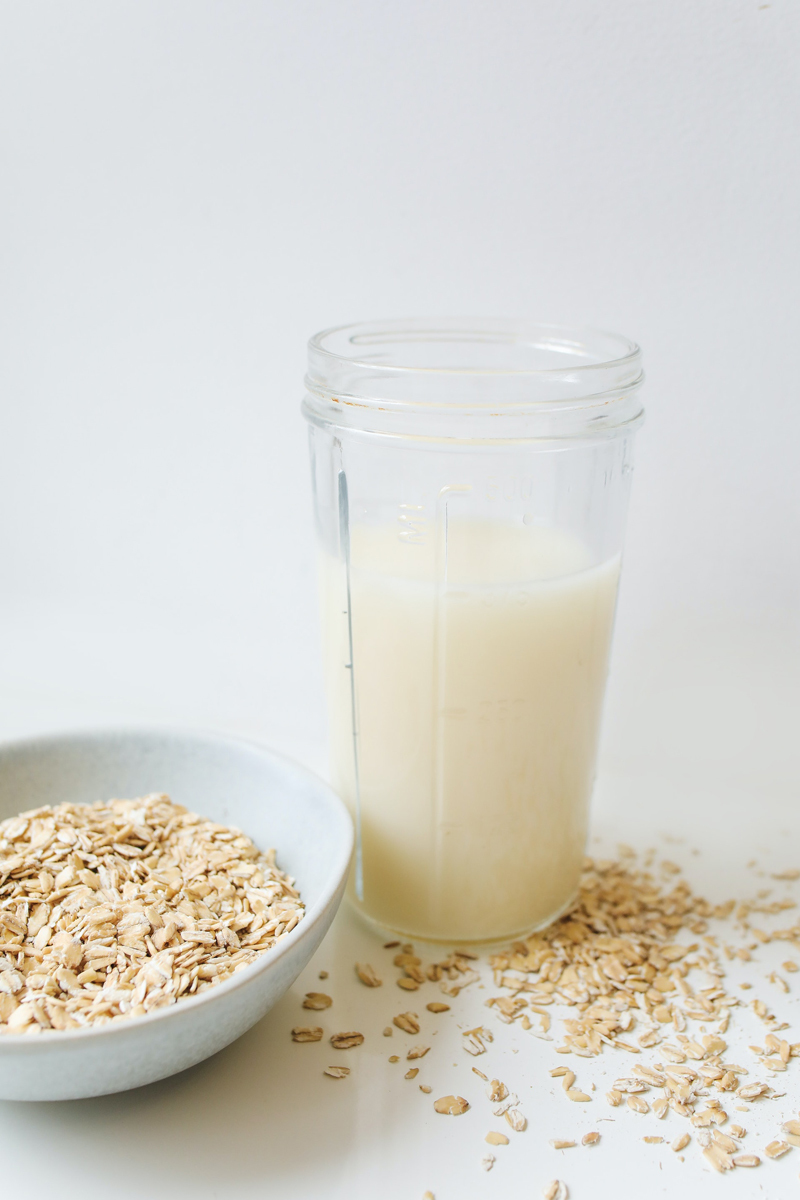
Another shocker is tofu. Tofu is so popular, especially as it’s high in protein whilst still being plant-based. The downside to this popular substitute is that soy production is one of the leading causes of deforestation. Before you start shouting that veganism is fake, note that the majority of soy production is grown to feed cattle. Maybe try to seek out brands that sustainably grow soy, though it may not be an easy task, to ensure your plant-based protein snack is more eco-friendly.
Quinoa is yet another ‘super food’ to deceive us, when it became popular in the west there was a sudden increase in demand. This meant farmers in Bolivia and Peru had to quickly boost production, which led to soil degradation. On the flip side, this boost in demand meant that living standards in Peru actually rose due to an increase in consumers.
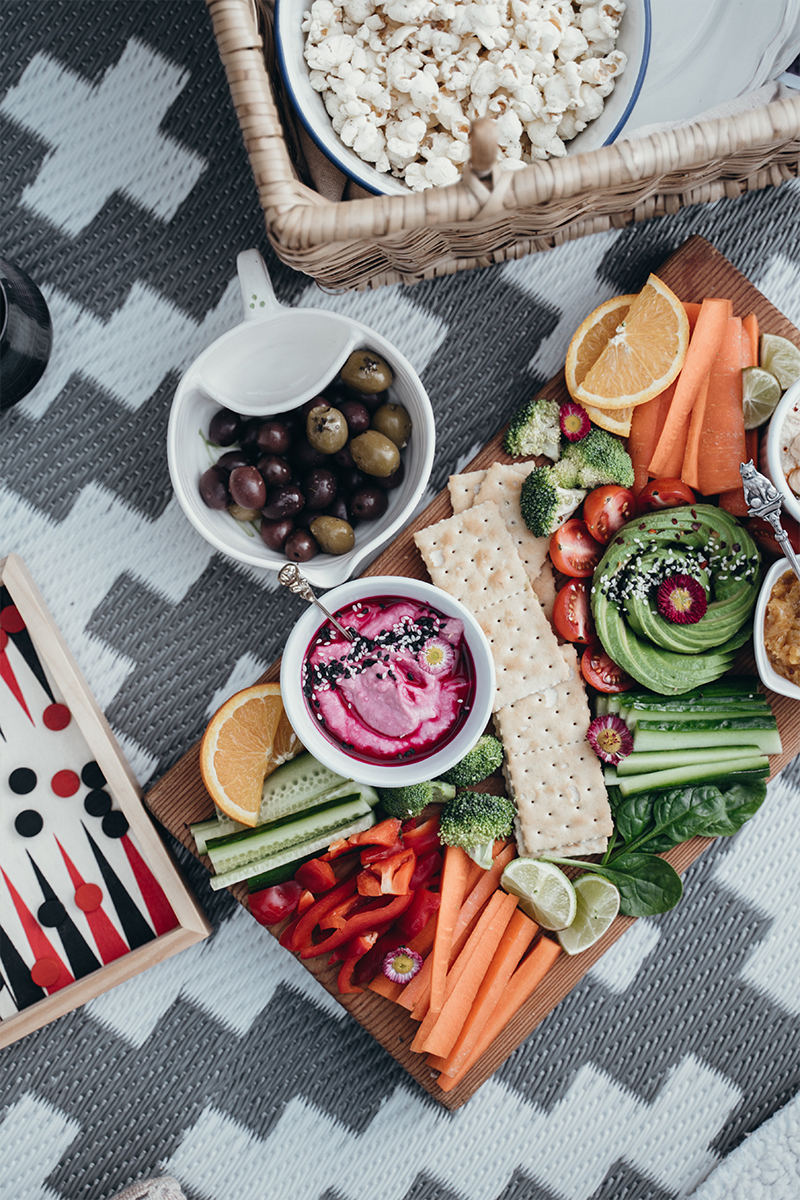
It has to be noted that no one can be perfect, unless you live off of your own land – but who in 2020 is doing that? Reading articles like this one may instill feelings of guilt or confusion, many of us try to cultivate a sustainable and cruelty-free diet and sometimes it seems impossible. All we can do is our best.



